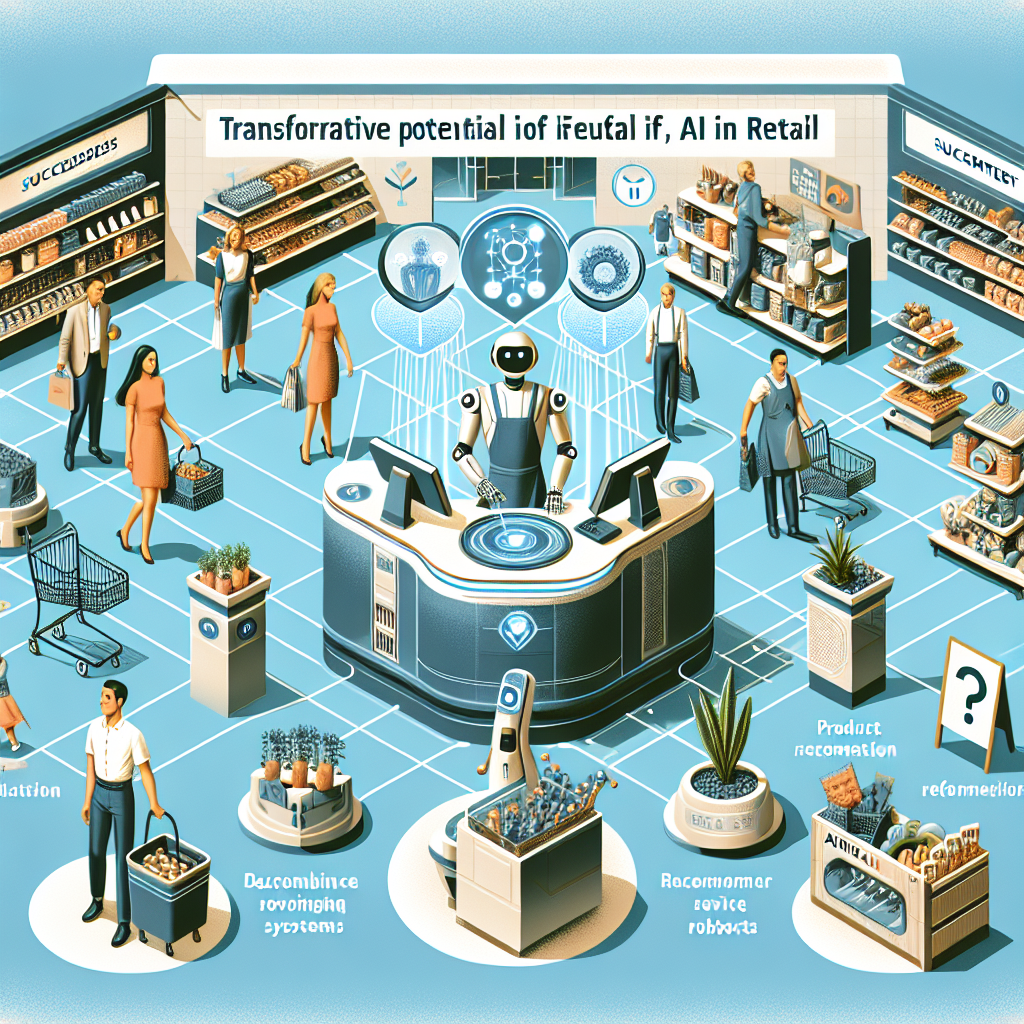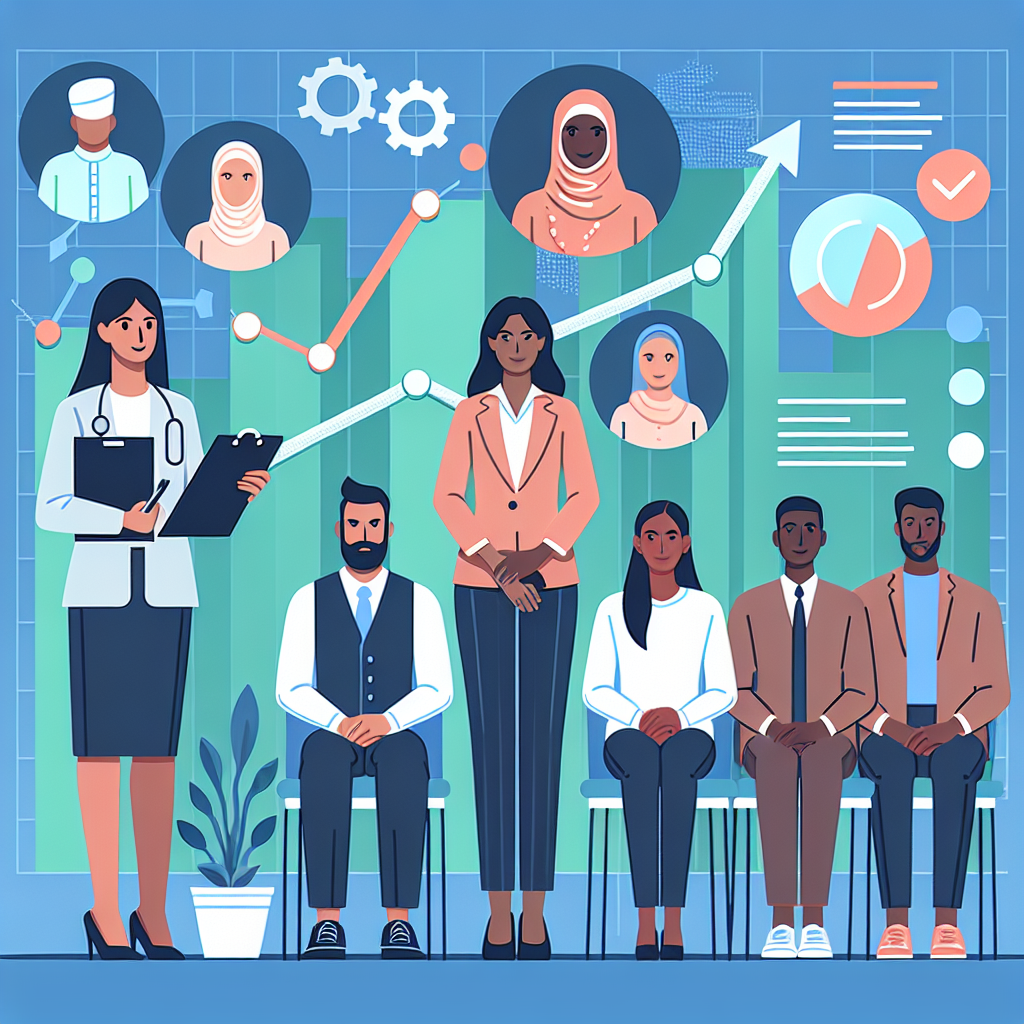AI in Healthcare: Transformative Use Cases, Success Stories, and Challenges

```html
Artificial Intelligence (AI) is revolutionizing an array of sectors, and the healthcare industry is no exception. From diagnosing diseases to personalizing treatment plans, the applications of AI in healthcare are truly transformative. In this blog post, we will explore various AI use cases in healthcare, share inspiring success stories, and discuss the challenges and lessons learned along the way.
Early Disease Detection
AI is proving to be a powerful tool in the early detection of diseases, particularly cancers. AI-powered imaging tools like those developed by Google Health can analyze X-rays, mammograms, and other medical images to identify signs of cancer earlier and more accurately than traditional methods. This early detection can significantly improve patient outcomes.
Nevertheless, there are challenges. A healthcare institution faced issues when their AI system yielded false positives, causing unnecessary anxiety for patients. This underscored the importance of integrating AI tools with comprehensive diagnostic protocols and human oversight.
Personalized Treatment Plans
AI is enabling personalized medicine by analyzing a patient’s genetics, lifestyle, and medical history to recommend tailored treatment plans. Companies like IBM Watson Health use AI to assist oncologists in developing customized cancer treatment strategies, leading to more effective and targeted therapies.
However, personalized medicine also presents ethical and privacy challenges. One hospital encountered difficulties when patients were concerned about the use of their personal data for AI-driven treatment plans. This highlighted the need for strict data privacy measures and transparent patient communication.
Virtual Health Assistants
Virtual health assistants, powered by AI, are enhancing patient engagement and healthcare accessibility. Apps like Ada Health use AI to provide users with preliminary health assessments based on their symptoms. These virtual assistants can help patients decide when to seek medical attention, improving early diagnosis and treatment.
Despite their benefits, virtual health assistants face limitations. A healthcare app faced legal challenges when its AI system provided inaccurate health advice. This demonstrated the need for combining AI tools with licensed healthcare professionals to verify and validate AI-generated information.
Streamlining Administrative Tasks
AI is automating repetitive administrative tasks, allowing healthcare professionals to focus on patient care. AI-powered solutions like Olive streamline processes such as patient scheduling, billing, and claims management, reducing administrative burdens and increasing operational efficiency.
However, automation in healthcare administration presents its own set of challenges. A hospital experienced backlash when their AI scheduling system failed to account for nuanced patient needs, resulting in dissatisfied patients. This highlighted the importance of incorporating flexibility and human oversight in AI-driven administrative tasks.
Predictive Analytics and Population Health Management
AI-driven predictive analytics are transforming population health management by identifying at-risk individuals and predicting disease outbreaks. Tools like Health Catalyst use AI to analyze health data and provide insights for preventive care, helping healthcare providers proactively manage patient populations.
Yet, predictive analytics must be deployed thoughtfully. A healthcare system faced criticism when their AI model inaccurately identified high-risk patients, leading to resource misallocation. This emphasized the necessity for continuous model improvement and scrutiny to ensure accuracy and fairness.
The Future of AI in Healthcare
The future of AI in healthcare is promising, with advancements expected in areas such as robotic surgery, AI-driven drug discovery, and advanced telemedicine solutions. AI’s capabilities in data analysis, personalization, and automation will continue to drive significant transformations in healthcare.
To fully leverage AI’s potential, it is crucial to address ethical considerations, ensure data privacy, and balance AI technology with human expertise. Collaboration between healthcare providers, technologists, and policymakers will be key to promoting responsible and innovative AI deployment in healthcare.
In conclusion, AI is transforming healthcare through applications in early disease detection, personalized treatment plans, virtual health assistants, administrative automation, and predictive analytics. Success stories from companies like Google Health and IBM Watson Health showcase the transformative potential of AI, while challenges highlight the need for continuous refinement and ethical practices. As AI technology advances, its role in healthcare will expand, offering new opportunities for innovation, efficiency, and improved patient outcomes.
```



